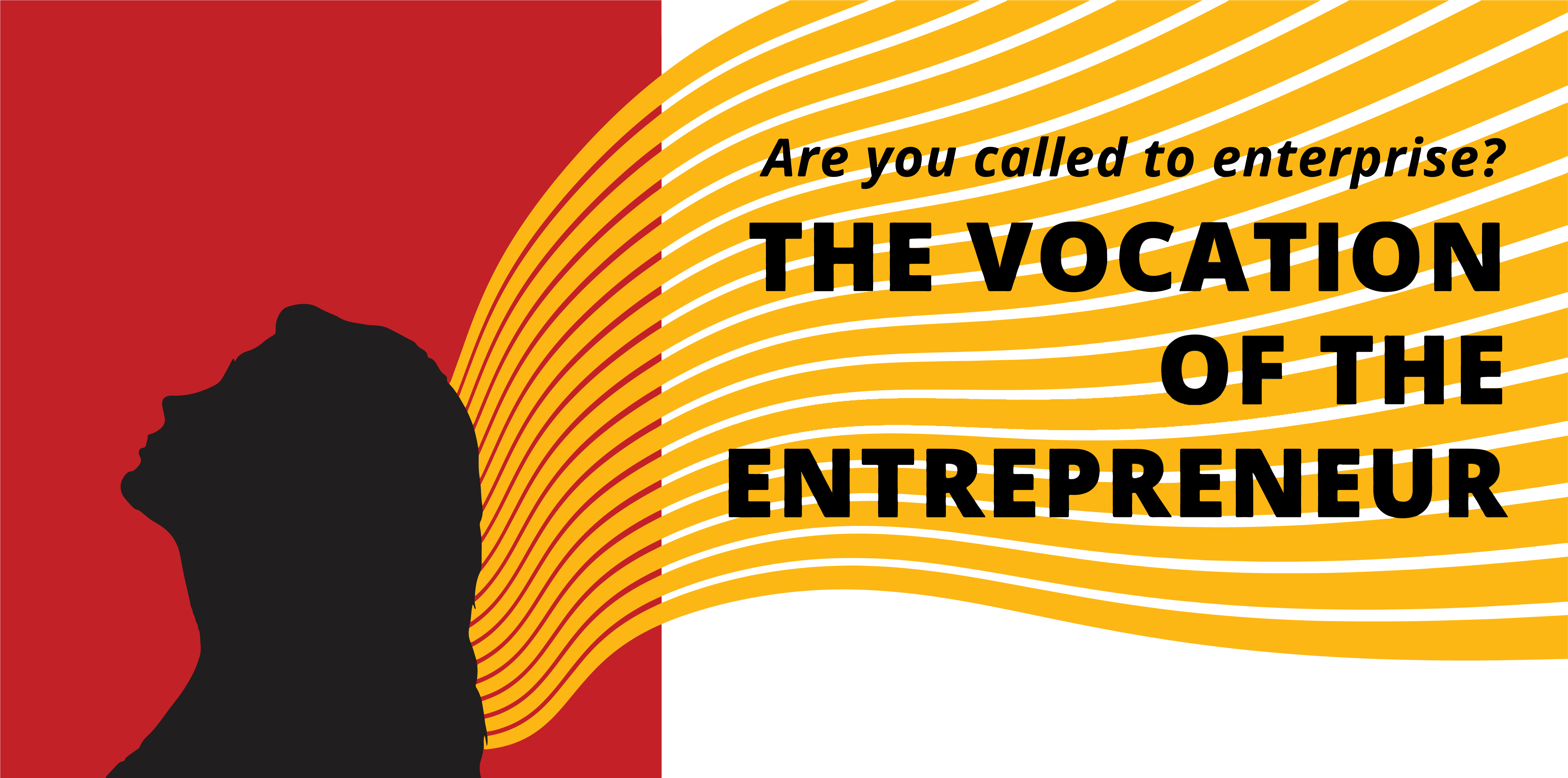Like the blind men who described an elephant from different perspectives, several pundits have attempted to define entrepreneurship in disparate ways. Not least among them is a renowned Harvard business school professor, Howard Stevenson, who famously described entrepreneurship as ‘’the pursuit of opportunity without regard to resources currently controlled.’’
I like to think of the vocation to be an entrepreneur as the call to be a steward, allocating resources from a region of lower value to a place of higher value. ‘’From everyone who has been given much, much will be demanded; and from the one who has been entrusted with much, much more will be asked.’’ An entrepreneur receives great resources and is called to do great things with those resources – feed the world, cure disease, educate the next generation, and create prosperity in countless ways.
Regardless of how one might choose to define entrepreneurship, there are several characteristics, which stand out when one considers the entrepreneurial vocation. They include:
- Innovation: While anyone can open a ‘’me-too’’ business and claim to be an entrepreneur, the label is most often applied to an individual who combines ideas and resources in unique ways to bring about a novel product or service that makes a tangible difference in the world.
- Problem solving: While entrepreneurs can often bring about destructive results in society through negative externalities that affect the community, the environment and external stakeholders, the most sustainable entrepreneurs are usually those who solve real and pressing problems profitably.
- Resourcefulness: Entrepreneurship is often characterized by limited resources; hence the best entrepreneurs are adept at finding, managing and maximizing scarce resources.
- Optimism: Often maligned as overconfident, a true entrepreneur believes in his idea and is patient enough to see it to a logical conclusion, despite the obstacles in his path.
- Risk taking: Intelligent entrepreneurs are not reckless – they take risks, but calculated ones. They balance the risk with the rewards and seek to mitigate risks through techniques such as the lean startup movement.
- A burning desire to be in charge of whatever they find themselves doing: They desire to be in charge and in control of resources available to them and to achieve self determined goals. They create and make maximum use of resources and opportunities available to them.
- Belief in personal success: Entrepreneurs believe in themselves and their ability to take informed decisions. They have staying power and keep on with their decisions even in the face of criticism and discouragement until they succeed.
- Entrepreneurs are not discouraged by failure: They pick up the pieces when they fail. They get up and move on. They know that as an entrepreneur, you can go up unbelievably fast but you can also go down equally fast. This is because they have high levels of energy relative to the average person.
- Entrepreneurs are adventurous in nature: They are always on the look out for business opportunities that will materialize with minimum delay or in the nearest future. They are more concerned with what might happen tomorrow than what happened yesterday.
- Entrepreneurs have organizational skills: They have the capacity to identify the right people for the right job. They know that the effective deployment of people to the job they are best suited will lead to the accomplishment of set objectives. In this connection, entrepreneurs know their own individual strengths and weaknesses and thus hire people that possess qualities they themselves lack, be it skills or knowledge.
- Entrepreneurs are driven by the desire to make and multiply money: Accumulating money is important because it is a symbol of power and achievement. However, the way to make money is to create value. When you create value that meets the needs of customers, money will be earned.
In conclusion, an entrepreneur is a person that discovers opportunities for value creation and assembles the resources required in order to exploit these opportunities. He is both a thinker and a doer, who creates value through different types of enterprises.




